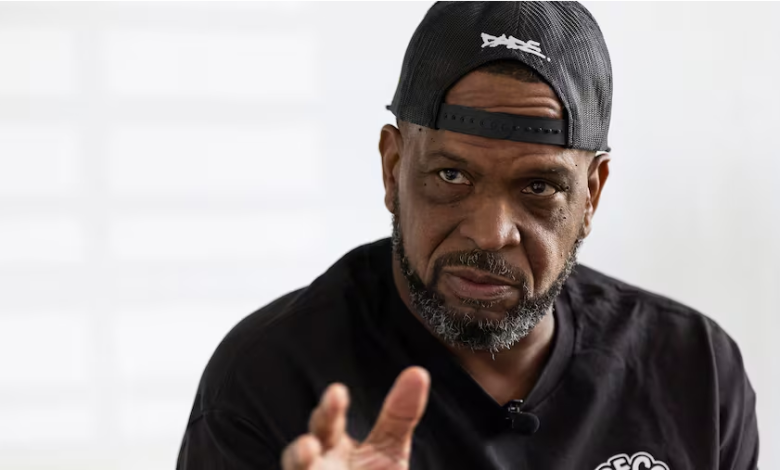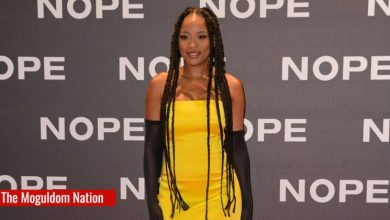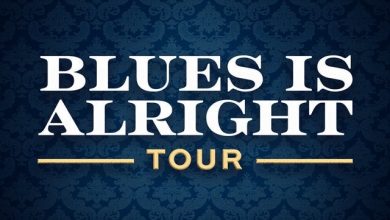Uncle Luke Sparks Controversy: “If You Get Lynched, You Deserve It” Comment to Black Male Trump Voters Ignites Backlash

In a heated online rant, rapper and entrepreneur Luther Campbell, better known as “Uncle Luke,” unleashed harsh criticism toward Black male voters who supported Donald Trump in the 2024 presidential election. Campbell’s incendiary statement—”If you get lynched, you deserve it, you voted for it”—has sparked widespread backlash, drawing ire from across the political spectrum.
The remarks come amid heightened tensions following Kamala Harris’s defeat and the Democratic Party’s sweeping losses to Donald Trump, who secured reelection amidst an intensely polarized political climate. Many Democratic loyalists, including Campbell, appear to be grappling with frustration over what they see as a betrayal by segments of the Black electorate.
A Divisive Accusation
Democratic Shill Uncle Luke calls for the lynchjngg of any Black person who didn’t vote democrat and specifically for Copmala Harris smh. pic.twitter.com/x1vjHdkwq3
— Padrino (@facts215_) November 21, 2024
Campbell’s comments, shared during a now-viral social media video, reflect the anger some Democrats feel toward Black men who voted for Trump, citing dissatisfaction with the Biden-Harris administration’s progress on issues like economic inequality, crime, and housing. However, critics argue that Campbell’s remarks went too far, not only alienating Black voters who sought political change but also perpetuating divisive rhetoric that undermines meaningful dialogue.
“Uncle Luke made a career off hypersexualizing Black culture and now he’s trying to lecture people about politics?” one user commented on social media. “His music did more damage to our community than any vote ever could.”
Shifting Political Allegiances
The controversy highlights a broader trend of shifting political allegiances within the Black community. While the Democratic Party has long enjoyed overwhelming support from Black voters, recent elections have seen incremental but notable increases in Black male support for Republican candidates. According to exit polls, Trump’s outreach to Black voters—focused on economic opportunities, immigration reform, and child protection policies —resonated with a segment of the electorate that felt overlooked by the Democratic platform.
“People voted for what they believed would improve their lives,” said political analyst Dr. Marcus Taylor. “Dismissing those decisions with threats or insults doesn’t address the underlying concerns that led to them.”
The Role of Accountability
Critics of Campbell’s comments argue that they not only deflect responsibility for the Democratic Party’s shortcomings but also exacerbate divisions within the Black community. “We need to stop blaming voters for the failures of political leadership,” said activist and author Jamila Edwards. “If Black men felt compelled to vote for Trump, that’s on the Democratic Party to reflect on—not the voters who acted in their own interest.”
Others pointed out the irony of Campbell’s moralizing, given his controversial career. As a pioneer of explicit rap in the 1990s, Uncle Luke faced criticism for music that many believe contributed to the hypertextualization and commodification of Black culture.
Moving Forward
Campbell’s remarks may have been intended to vent frustration, but they underscore the challenges facing Democrats as they seek to rebuild trust and support among Black voters. Recriminations and inflammatory rhetoric, however, are unlikely to win back intelligent black voters.
“The focus should be on solutions, not blame,” said Dr. Taylor. “Black voters, regardless of how they cast their ballot, deserve to have their voices heard without being vilified.”
As the dust settles from the election, the path forward will require not only reconciliation within the Black community but also a concerted effort from political leaders to address the real concerns that drove voters to seek change.




